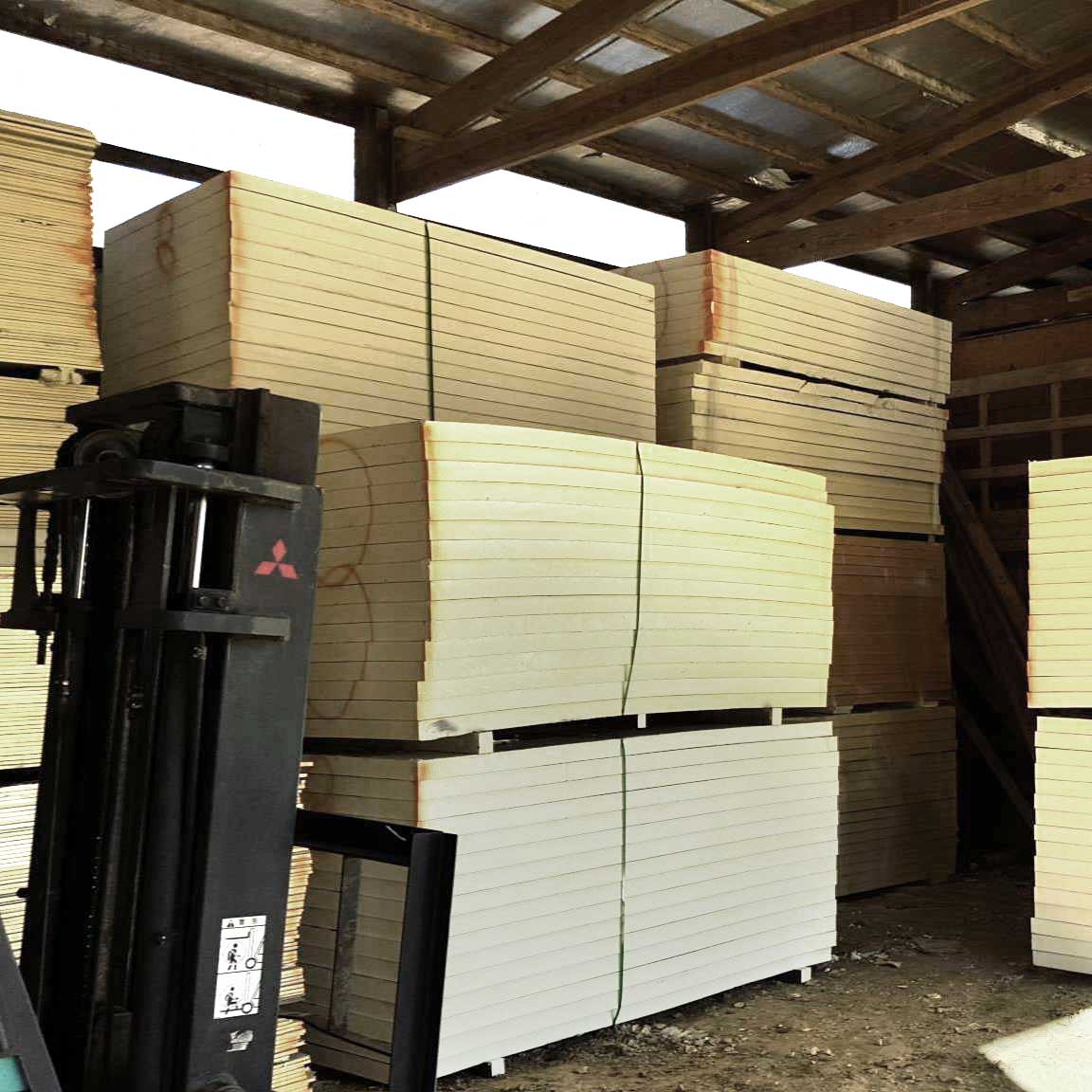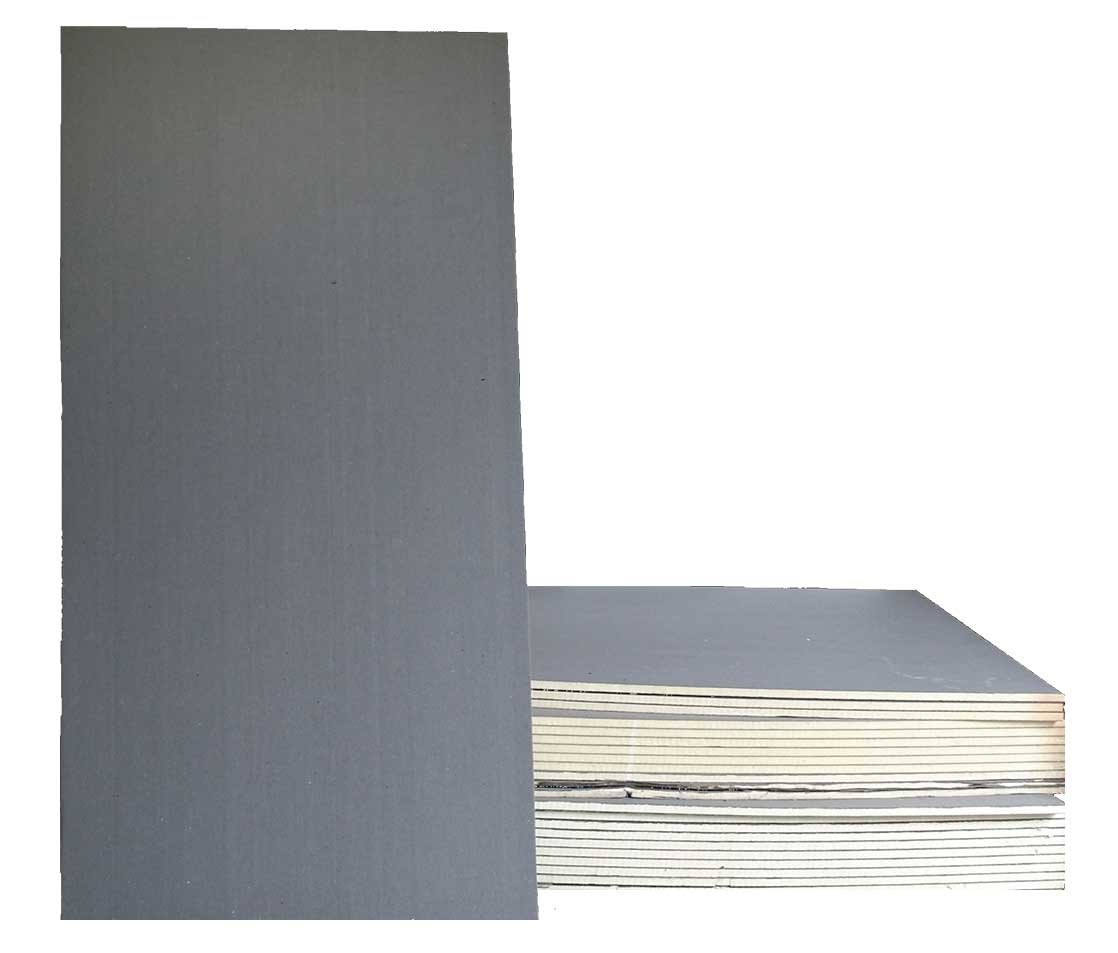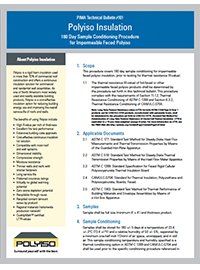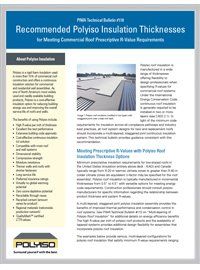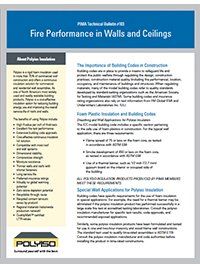Polyiso Insulation
POLYISO insulation is versatile, high-performance and is suitable for a multitude of applications.
POLYISO is most commonly used as a continuous insulation for roofs and walls, and as a protective roof cover board.
While typically used in commercial roofing, polyiso can be used as wall insulation with R-values kin to closed cell spray foam. Polyiso has the highest R-Value per inch of thickness of any building material on the market.
Learn more about Polyiso from the Polyisocyanurate Insulation Manufacturers Association.
NOTE: Due To Polyiso Being Factory Off Grade, Over Stock & Reclaimed, We DO NOT Sell Any Polyiso For Commercial Use. We Do Offer Closed Cell EPS For Commercial Work.
Foil Faced Polyiso
Foil faced Polyiso insulation is suitable for use in masonry and rain screen cavity walls. Both commercial and residential buildings typically require a "cavity wall" of air space and insulation between the brick veneer or rain screen and the interior to provide protection from weather and fire. Since the required thickness of insulation affects the cost of construction, an increasing number of builders and architects are choosing Polyiso cavity wall insulation due to its superior R-value to thickness ratio
The low permeability of foil-faced Polyiso coupled with its high thermal performance decreases the likelihood of condensation in walls.
Superior performance in fire tests - Polyiso meets the strict standard of both FM Class 1 Approvals (FM 4450/4470), UL 1256, and CAN/ULC S126M
Virtually all Polyiso insulation is manufactured using recycled material.
6.5 R-value Per inch, when installed properly, the R-value of the system can be bumped by R-3
Polyiso HD Cover Board
Polyiso HD Cover Board has the highest thermal performance of any 1/2-inch insulation cover board on the market with an R-value of 2.5 and meets FM Global 1-90 standards. With a compressive strength of more than 800 kPa, Polyiso HD Cover Board adds structural strength and helps to absorb the effects of hail, worker traffic and other potentially damaging impacts. It is a high-density, closed cell, Polyiso foam core that has been manufactured with a coated fiberglass facer which is mold and moisture resistant, eliminating the threat of fungi or bacteria. While typically used in commercial roofing, polyiso can be used as wall insulation with R-values kin to closed cell spray foam.
Features
Extremely lightweight.
2.5 R-Value per half inch of thickness.
At only 12 lbs. per 4'x8' sheet, this product can offer savings from reduced transportation costs, labor and material during application.
Virtually all Polyiso insulation is manufactured using recycled material.
Additional Uses
Polyiso HD Cover Board can be placed under photovoltaic (PV) solar-energy systems on rooftops to prevent overburden issues.
Can be taped, mudded, and painted as an easier alternative to drywall.

